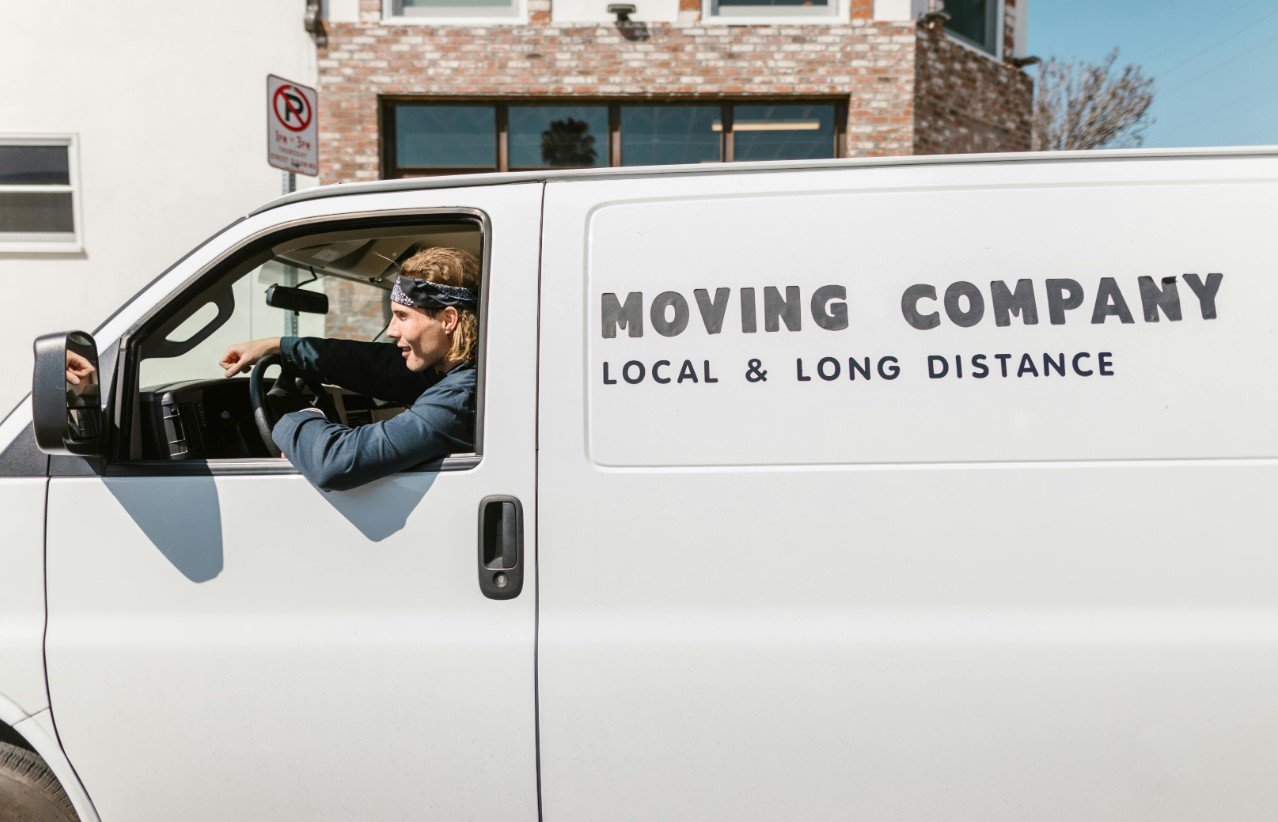Relocating to a new city or country is an exhilarating yet daunting task. It’s not just about moving belongings; it’s about transitioning to a new way of life. Planning a long-distance move requires meticulous organization, attention to detail, and an understanding of the logistics involved. This guide aims to simplify the process, providing you with the knowledge and tools to ensure a smooth and stress-free move.
Budgeting and Planning
The first step in any successful long-distance move is creating a budget and a timeline. These are the pillars that will support your entire moving process. Budgeting helps you understand the financial implications of your move, while a well-thought-out timeline ensures that every task is completed in an orderly fashion.
Understanding Costs
Moving costs can vary widely based on distance, the volume of belongings, and the services you require. It’s essential to get a clear picture of these expenses early on to avoid any surprises. Consider the costs of hiring movers, renting trucks, purchasing packing supplies, and any additional services like insurance or storage.
Crafting a Timeline
A detailed timeline is your roadmap to a hassle-free move. Start by listing all the tasks you need to accomplish, from decluttering your current home to setting up utilities in your new one. Assign realistic deadlines to each task and stick to them. The more time you give yourself to plan, the less stressful the experience will be.

Choosing the Right Movers
Selecting a reputable moving company is crucial. Research potential movers, read reviews, and get quotes from multiple companies. Look for movers with experience in long-distance relocations, proper licensing, and insurance to protect your belongings during transit.
Packing and Organizing
Packing for a long-distance move is more than just putting items in boxes. It’s an opportunity to declutter and decide what’s essential for your new home.
Decluttering
Before you start packing, sort through your belongings and decide what to keep, sell, donate, or discard. Moving is the perfect time to lighten your load and only bring items that serve a purpose or bring you joy.
Systematic Packing
Pack methodically, starting with items you use less frequently. Label each box with its contents and the room it belongs to, making unpacking easier. Keep an inventory of your belongings to track everything during the move.
Essential Documents
Organize important documents like passports, leases, and financial records. Keep these in a safe and accessible place throughout your move.
Settling In
Once you’ve arrived at your new home, the process of settling in begins. Unpack systematically, starting with essentials like bedding and kitchen items. Take the time to explore your new community and start making it feel like home.
Establishing a New Routine
Find local amenities, such as grocery stores, schools, and healthcare providers. Establishing a new routine will help you and your family adjust more quickly to your new surroundings.
Building a Support Network
Connect with neighbors and local community groups. Building a support network can provide a sense of belonging and help ease the transition.
Embracing the Change
Moving long-distance is a significant life change. Embrace the new experiences and opportunities that come with it. Remember, it’s not just a change of address; it’s the start of a new chapter.







